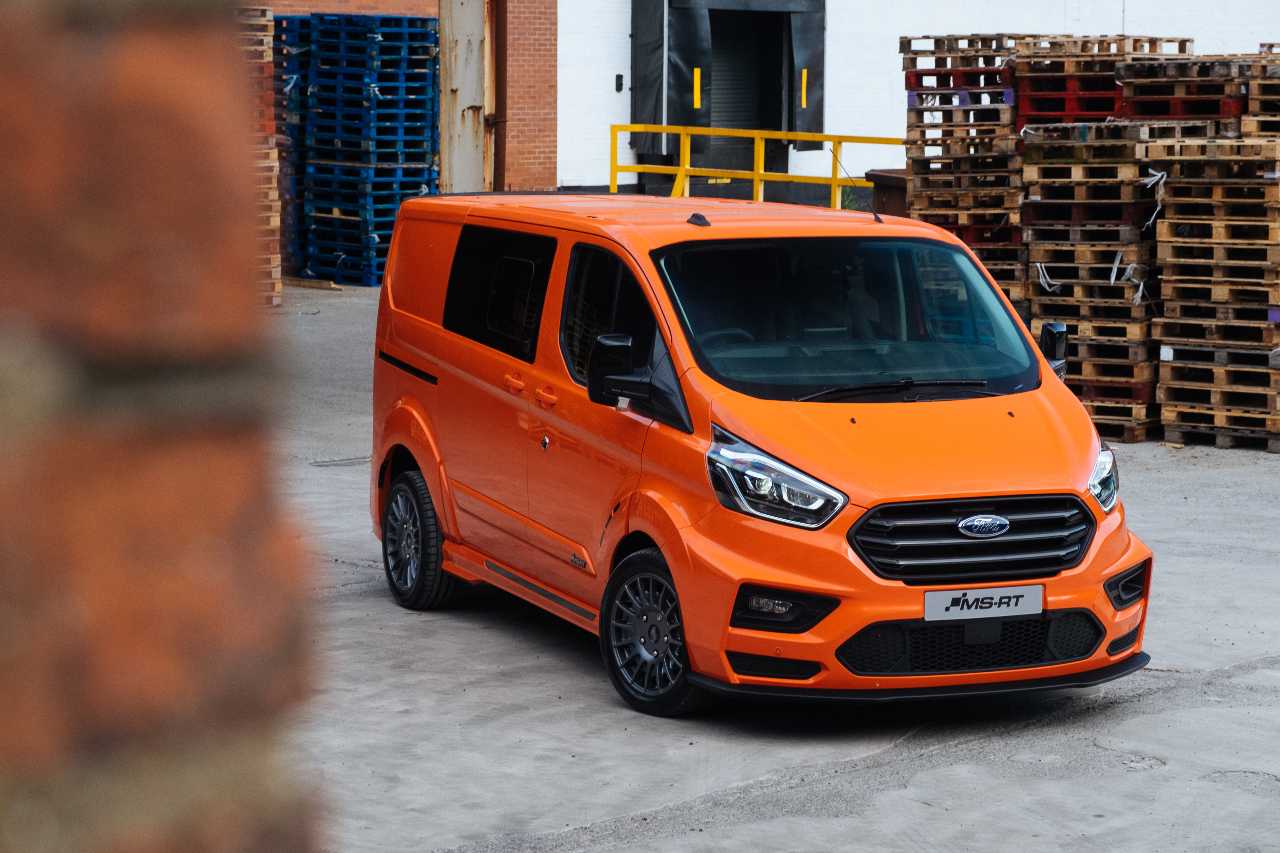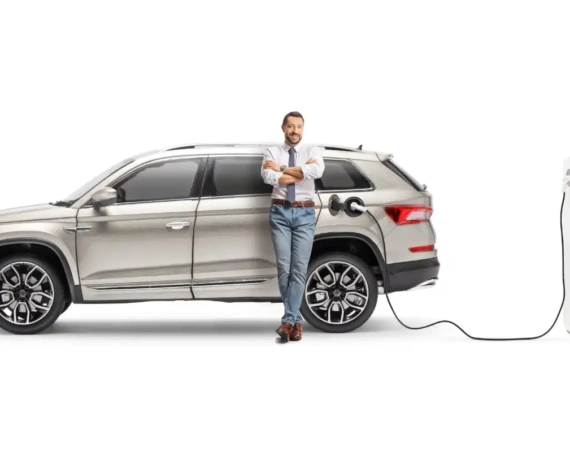- Super Deductions favour van purchase over van leasing
- Salary Sacrifice looks set to become more popular
- No change in company car tax with generous incentives for zero emission cars
- Budget report presented in association with BCF Wessex, tax consultants and creators of Gensen car calculator tools
THOUGHT there was nothing of note in Wednesday’s Budget (03 March 2021) for leasing brokers? Then think again.
The introduction of Super Deductions means brokers should start gearing up to offer their customers Contract Purchase or HP on vans rather than Business Contract Hire. Let’s go.
Super Deductions and light vans
Super Deductions come into force from April 2021 and offer companies a 130% first year allowance for main pool expenditure incurred up to April 2023.
This upfront Super Deduction will allow companies to cut their tax bill by up to 25p for every £1 they invest, with businesses also able to take advantage of a 50% first year allowance for qualifying special rate expenditure.
Jeff Whitcombe, tax consultant, BCF Wessex
The special tax treatment will be available to petrol, diesel, electrified and zero emission vans. The vans must be purchased new and be unused, so pre-registered vans do not qualify.
Super Deductions will not be available for cars or for companies buying to then lease the van on.
There is a note of caution, though. Whitcombe again:
“It should be noted that when a qualifying main pool asset is subsequently sold, tax will be due on 130% of the sale price in the year of disposal. This clawback does not apply to special rate expenditure.”
Although the Super Deduction will not be available for plug-in cars, it will be available on the purchase of electric vehicle charging infrastructure at a rate of 130% in the year of purchase.
What action should brokers take on Super Deductions?
Treating customers fairly means you will have to offer conditional purchase products alongside traditional contract hire. It’s clearly far more beneficial for van users to benefit from the Super Deduction as long as monthly payments are in line with affordability conditions.
Salary Sacrifice still go for PHEVs and EVs
The Budget was equally significant for what it didn’t say. In essence, salsac has been given the green light to continue as there was no change to OpRA regulations, which should continue to boost the popularity of salary sacrifice as a vehicle acquisition method.
Qualifying cars must be ultra low emission vehicles (sub 75g/km).
Given the rapidly increasing interest in salary sacrifice for ultra-low emission cars, it was encouraging that there was no change to the OpRA threshold. This means that the substantial income tax and NIC advantages associated with salary sacrifice are still available for cars with CO2 emissions of 75g/km or less. And with no changes proposed to that threshold, salary sacrifice, especially for zero emission cars, is likely to continue growing in popularity.
Jeff Whitcombe, tax consultant, BCF Wessex
What action should brokers take on Salary Sacrifice?
While salsac has been a form of car acquisition in general decline for several years, the changes to benefit in kind taxation and OpRA has significantly halted this decline according to the BVRLA’s latest Q3 quarterly leasing survey.
An effective salsac scheme has to be in the armoury of any SME business oriented broker.
No change in Company Car Tax
The Chancellor also left alone company car tax, making the case for company cars with zero emissions (in particular) and ultra low emission cars with significant zero emission capability a hugely attractive employee benefit.
With no further changes to company car tax percentages announced, or proposed, it ensures that the percentages for cars taxed according to their NEDC or WLTP based emissions will be harmonised from April 2022, and then frozen until April 2025.
Jeff Whitcombe, tax consultant, BCF Wessex
What action should brokers take on Company Car Tax?
The fillip to Business Contract Hire that started in April 2020 continues – this is a great window of opportunity to get clients into company cars while the government continues to incentivise zero emission vehicles. There were no restrictions announced on the Plug-in Car Grant either; the £3000 grant is available to qualifying vehicles up to a value of £50,000. Home charger grants continue as before, too.
Capital Allowances
The changes initially proposed in last year’s Budget were confirmed. From April 2021 until April 2025 the following allowances will be available for purchased cars:
- the 100% first year allowance will only be available for zero emission cars (and is still not available for leased cars);
- only cars with emissions between 1 and 50 g/km will be eligible for writing down allowances at the annual rate of 18% (main pool expenditure); and
- cars with emissions exceeding 50 g/km will only qualify for a writing down allowance at the annual rate of 6% (special rate expenditure) and, when they are leased, the lease rental restriction will be applied to these cars.
What action should brokers take on Capital Allowances?
There’s a real broker opportunity to persuade fleets and companies to switch from a purchase policy to a leasing policy given the reduced allowances. Along with the maintenance and fleet management that goes with that.
Vehicle Excise Duty (VED)
From April 2021, VED for cars, vans and motorcycles will rise in line with inflation. This means that the first year rate for cars registered from 01 April 2017 will increase by up to £70; the standard rate will increase by £5; and the ‘expensive car’ supplement, which applies to cars with a list price exceeding £40,000, will increase by £10.
The annual VED for Euro 4 or Euro 5 vans is frozen, and will increase by £10 for all other vans registered after 01 March 2001.
Zero emission cars and vans will continue to be exempt from VED until April 2025.

Ralph Morton is the leading journalist in the leasing broker sector and editor of Broker News, the website which provides information and news for BVRLA-registered leasing brokers. He also writes extensively on the fleet and leasing market in both the UK and Europe.



